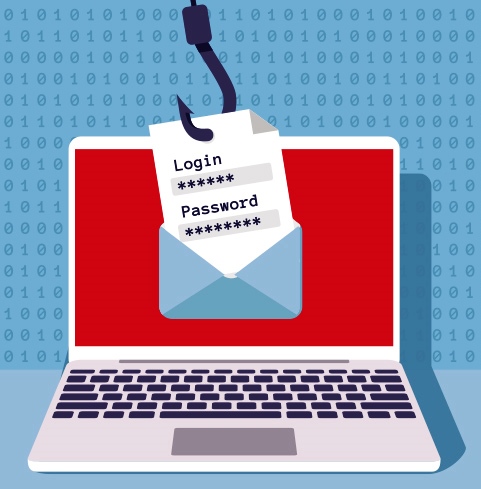Kaspersky experts are increasingly observing BEC (Business Email Compromise) attacks. Between May and July 2021, Kaspersky products prevented more than 9,500 BEC attacks globally, including those against businesses in air transportation, industry, retail, IT, and delivery. Such attacks demand significant time and resources, and preparation for them may last from a few weeks to several months. One successful attack may lead to damage worth many millions for a company.
During a BEC attack, fraudsters usually initiate an email exchange with a company employee in order to gain their trust and encourage actions that are detrimental to the interest of the company or its clients. To do this, scammers frequently use employee’s hijacked email accounts or email addresses that are visually similar to official company addresses. Sometimes, cybercriminals steal the credentials of an employee to target their higher-ranking colleagues. Although in most cases, fraudsters aim for a company’s money, there were also those seeking confidential information, for example, a customer database or business developments.
RELATED: Business Email Compromise Schemes Caused $1.8b Damage – $100m Increase In A Year
Kaspersky experts share top-3 schemes used by cybercriminals during a BEC attack:
· CEO Fraud
In such a scenario, an employee will receive a fake email from a more senior colleague. The attackers may use this to convince the employee to share information with a ‘legal counsel’, or similar party, which is a dummy account, and will try to steal confidential company data.
An example of fake email asking to share data with ‘legal counsel’
· Fake Payroll Change
In this case, the accounting department may receive a message from an (alleged) employee asking to change their salary payment credentials. If the accountant replaces the card details in the payroll system, the salary intended for the employee will go to the attacker.
An example of fake email declaring bank details changed
· Fake Invoice
This letter also comes from the accounting department, but in this case, it appears to come from a supplier or third party regarding a delay in the payment of an invoice. Again, if the accountant succumbs to this trick, the money will go to the cybercriminals.
“To execute BEC attacks, cybercriminals always carefully harvest data about their victim and then use it to build trust. Some of these attacks are possible because cybercriminals can easily find names and job positions of employees, their exact locations, dates of holidays, lists of contacts and more in open access. Fraudsters generally use a wide range of techniques and methods of social engineering to gain a victim’s confidence and commit malicious operations. That is why we encourage users to be careful at work,” comments Alexey Marchenko, Head of Content Filtering Methods Research at Kaspersky.
To avoid falling victim to BEC attacks, Kaspersky experts recommend companies:
- Use reliable security solutions with advanced anti-phishing and anti-spam technologies. Kaspersky includes them in products such as Kaspersky Security for Microsoft Exchange Servers, Kaspersky Security for Linux Mail Server, Kaspersky Secure Mail Gateway and Kaspersky Security for Microsoft Office 365. To protect from the most complicated targeted cyberattacks the company presents Kaspersky Anti Targeted Attack Platform.
- Improve the digital literacy of staff, for example within the Kaspersky Automated Security Awareness Platform (training people to identify techniques of social engineering is one of the most effective methods to counter them).
- Encourage employees not to open or reply to suspicious messages, and also not to publish confidential corporate data on systems with open access, for example, cloud services. They also should not share too many details about their work with a wide range of people.































